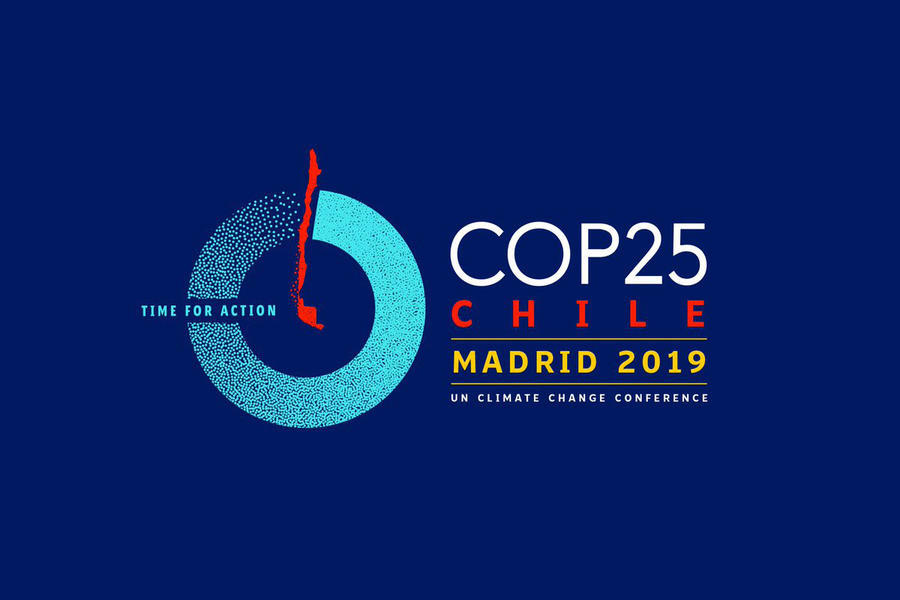Prince Albert is heading a Monegasque delegation in Madrid for the COP25 climate conference, and will be pushing for world leaders to consider the ocean more when making decisions about climate change.
In addition to addressing the conference, the Prince will speak at a round table on national plans to increase ambitions in 2020 to reduce greenhouse gas emissions, have zero disposable plastic waste by 2030, and implement a ban on fuel oil in 2022.
This, the 25th World Climate Conference, is a follow up to last year’s COP24 held in Poland and has become a crucial meeting to assist the UN in the next steps to be undertaken. A key objective for this year’s summit is to obtain full implementation of the Paris Agreement on Climate Change, which was first signed in 2016 and is up for review in 2020.
In line with policies currently in place in the Principality, Monegasque representatives will actively participate to adopt guidelines and procedures in order to fully implement the Paris Agreement globally as soon as possible. They will be working with Mexico, Liechtenstein, Georgia, Korea and Switzerland on the Environmental Integrity Group (EIG), which is in charge of ensuring transparency of information on greenhouse gas reduction between nations and the measures they are taking to adapt to climate change.
Monaco’s delegation will also be particularly attentive to matters pertaining to the oceans, specifically mitigating damage and adapting to the effects of climate change. As founding members of the ‘Because the Ocean Initiative’ launched in 2015 at COP21, the seas are one topic that the Principality has special expertise and insight on.
“There can be no action to fight climate change and limit its impacts without looking at the ocean as a whole; its functioning in the climate system; the health of its ecosystems; its relationship to coastal communities; and all the economic activities that take place in and around it,” Prince Albert wrote in a preamble to Ocean for Climate, a recent report of the Because the Ocean Initiative.
In accordance with the Paris Agreement, members submit their Nationally Determined Contributions (NDCs) – plans to reduce greenhouse gas emissions so that global temperature rise can be limited to 1.5°C. The first NDCs were prepared in 2015 and are set to be updated in 2020, and every five years thereafter.
The Because the Ocean Initiative’s Ocean for Climate report proposes that more governments incorporate ocean-related measures in their NDCs.
Monaco is a leader in supporting research in ocean climatic matters, gathering support and hosting meetings including the International Panel on Climate Change (IPCC) Special Report released in September.
